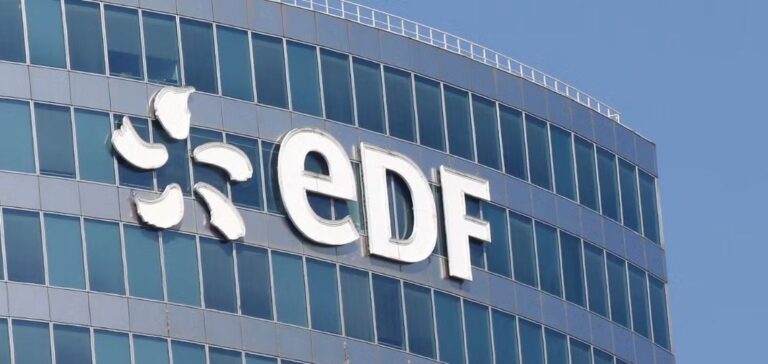The removal of Luc Rémont from the presidency of Électricité de France (EDF), announced on 22 March, comes amid structural disputes with the French government, the company’s sole shareholder. His likely successor, Bernard Fontana, inherits several unresolved strategic matters including electricity pricing for energy-intensive industries, delays in the nuclear construction schedule, and the absence of a final framework for financing.
Industrial pricing: a stalled negotiation
Since November 2023, EDF and the State have established a new framework to replace the Regulated Access to Historic Nuclear Electricity (Arenh), a scheme set to end in late 2025. This framework allows EDF to sell electricity at an average target price of €70 per megawatt-hour over fifteen years, with a redistribution mechanism triggered if EDF’s prices exceed the benchmark.
The agreement also includes provisions for long-term preferential-rate contracts with the most energy-intensive industrial clients. However, only two companies have signed such contracts to date, despite the urgency expressed by the government and expectations from the Union des industries utilisatrices d’énergie (Uniden). On 22 March, a government source reiterated that implementing these commitments remains central to the future CEO’s mandate.
Nuclear relaunch: uncertainties around the timeline
The government’s plan to build six EPR2 nuclear reactors, announced in February 2022, has yet to be accompanied by a binding cost and schedule estimate. EDF has not submitted a committed forecast, either financially or temporally. The commissioning of the first unit, initially planned for 2035 in Penly, has now been postponed to 2038.
Following the Nuclear Policy Council held on 17 March, the government mandated enhanced oversight of the project and requested EDF to deliver a consolidated estimate by the end of 2025. The lack of clarity on how financial risks will be shared between EDF and the State continues to hinder the completion of a reliable industrial roadmap.
Financial structure: disagreements over guarantees
A funding framework was proposed by the Nuclear Policy Council, including a zero-interest loan during the construction phase and a guaranteed price mechanism. Negotiations led by Luc Rémont failed to finalise the detailed terms.
According to publicly available information, the former EDF chairman advocated for extending the zero-interest loan across the full repayment period and called for a fiscal stability guarantee covering the duration of the nuclear investment. These proposals were not approved by the executive. The total cost of the programme, including debt, may reach up to €100bn. A final investment decision is expected in 2026, an outcome the authorities consider essential to initiate the works.






















